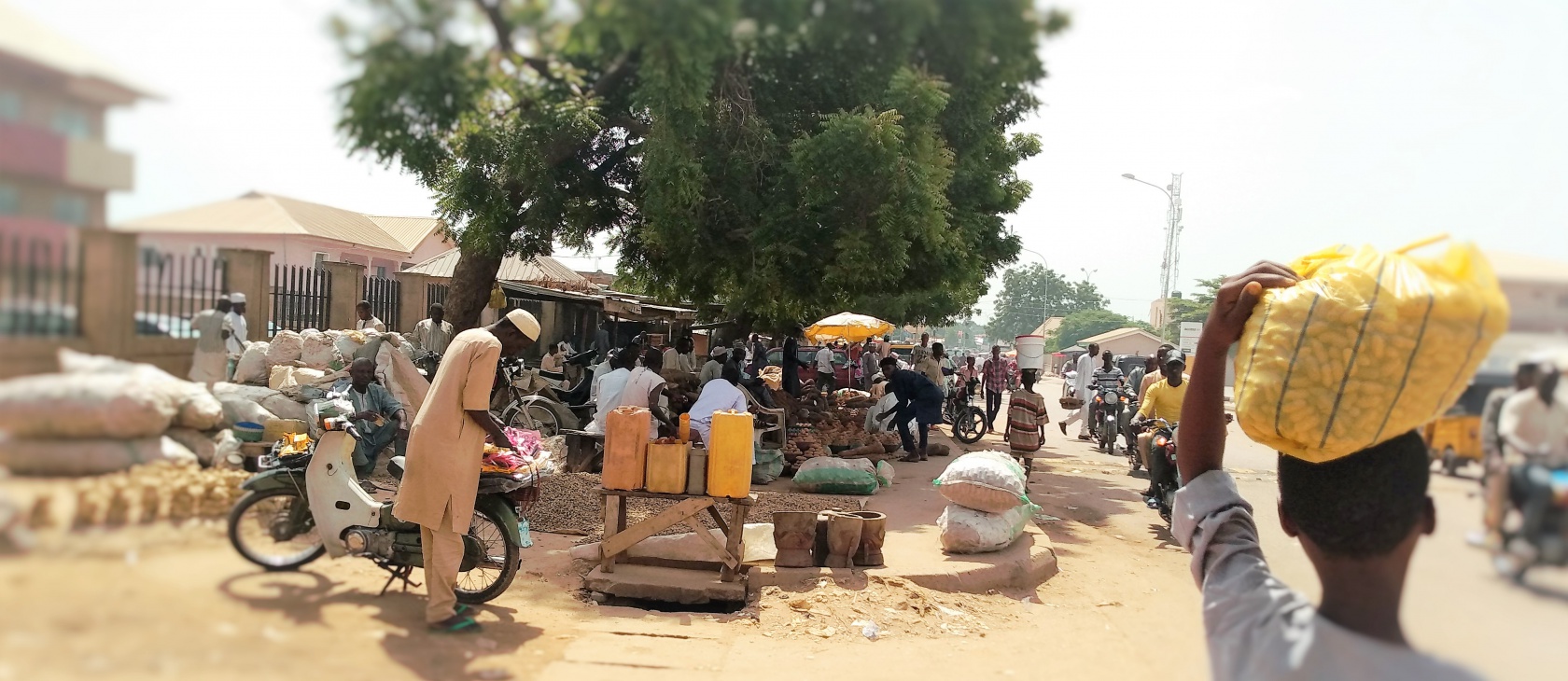The world’s largest trade area since the advent of the World Trade Organization is rising to the fore in Africa. Yet with so much discussions in the West around disputes with China, it is easy to have missed this monumental geo-economic development.
At the recent Extraordinary Summit of the African Union in Niamey, Niger, free enterprise prevailed – as did the human spirit. Fifty-four nations are officially in the new free trade area, incorporating over 1.2 billion people and a projected annual GDP of more than $2.5 trillion. The plan is to have 90% of tariffs removed come July next year during the first phase.
The nation of Niger played host to this month’s historic summit. The landlocked country north of Nigeria ranks lowest on the UN’s Human Development Index and has battled violence and terror, much of it from unstable neighboring countries in the Sahel region. But not even a terror attack 125 miles away could shake the resolve of delegates. As we landed at the capital city’s brand-new airport, the excitement was tangible. For the older generation, the free trade deal is the culmination of decades of dreams for a more integrated continent; transcending old artificial borders imposed arbitrarily from the top-down by colonial powers.
As the Acton Institute has previously pointed out, intra-African trade only constitutes 18 percent of the continent’s total trade – an abysmal rating compared to the European Union’s (EU) 70 percent.
Eager discussions from civil society on implementation of the deal, to which I was party, began initially by addressing technical matters like standardization of rules, which is necessary given the widespread differences in regulations. I argued that recognising best practice in one country and applying it to others is a quick way to get up to speed.
For example, when coordinating investment into small businesses in South Africa, drone licensing legislation in that country was adopted outright, or respected in countries that had not yet set standards -- a case of “if it is good enough for South Africa, it is good enough for Botswana, Tanzania and Zambia” (all real-world examples). Working with groups like the Fraser Institute and others, establishing best practice from among Africa’s 54 countries is much easier than re-inventing the wheel.
Think tanks in Africa, such as those spread through the Atlas Network (whose largely youthful leaders convene in Nairobi next month for the Africa Liberty Forum), have a vital role to play along. As do technical experts like the Centre for Trade Policy and Law in Ottawa. The university group worked - on request of the African Union - through the final text of the current deal.
However, the sphere of morals and ethics is foundational for the enduring success of free trade. Beyond technical discussions, the civil society delegates saw deliberations on this very theme quickly dominate our discussions at the trade talks. And rightly so.
As Acton Research Director Samuel Gregg explains, thick moral arguments in defense of free societies and free trade have been absent from many arguments by proponents of market economies. Too often superior material outputs and improved GDPs have been deemed sufficient, without reference to human flourishing and a notion of the common good that gives preferential concern to the poor.
In the battle of ideas, debate still exists on which path for development best suits Africa. For example, whether the benefits of free markets can exist without overall liberty is a question still asked by some on a continent where vast economic growth potential, and over a billion people, are witness to ongoing battles of Chinese versus U.S. influence and area-specific threats of terrorism.
Thus, while technocratic expertise is vital to ensure a deal is efficiently implemented, it is not enough.
The good news is thick moral arguments are coming to the fore and have been for years. Poverty, Inc and The Call of Entrepreneur have resonated with thousands across Africa, where I have been fortunate to address premiers and screenings (even attended by politicians!). It is precisely this message that inscribes the essential foundations of human flourishing, of which free trade is one vital component. The message is delivered every day in action on the ground, through networks like PovertyCure applying some key insights, including respect for local knowledge and the entrepreneurial spirit.
The success of free trade matters because the capacity for human creativity, an outcome of our inherent dignity, should be freely shared and exchanged across borders. As freedom activist and writer Ibrahim Anoba puts it, Africa needs trade. Through the Canada-Africa Chamber of Business, I have been fortunate to personally engage with many who are committed to a prosperous African community of nations – through advocating with the African Union and Canadian government for a free trade deal.
Today, we know how to work out the technicalities of free trade deals (Africans have been doing so already at a regional level with great success). But the enduring element of free trade and liberty lies within why we make the case for it: doing the right thing for the right reasons.
As free trade is under strain elsewhere in parts of the world, the seeds planted in Africa, fertilized by the energy of a new generation, are coming to fruition. Over a billion free people, not simply free markets (to paraphrase George Gilder), are surely the firmest foundation for an enduring African Continental Free Trade Agreement.



